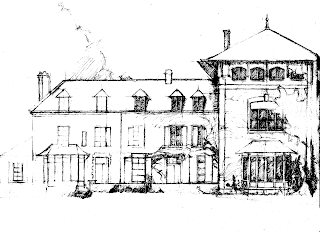Writing is all about Eating Flowers, Sunlight

I was away for more than a month on book tour for You Beneath Your Skin . Back home I thought the plants were drying up, but clearly not. The better half had been taking care of them. Other than, well, pruning. Result: three pumpkin vines running riot playing tag in my tiny balcony, throwing out incandescent yellow blossoms as they climb up other shrubs, railings, pots. (I come from a part of India that has figured out the art of not letting any part of an edible plant go to waste, so of course we eat flowers. Pumpkin flowers, to be exact. We eat the leaves too, but that's a story for another time.) I'd returned grimy and exhausted from an overnight flight, but these pieces of yellow light brought back too much nostalgia. I washed my hands, and then out came a packet of chickpea flour. I mixed it in with salt, water, and a pinch of baking soda for a super-quick batter. Harvested the blossoms, tore out their egg-yolk-orange stamens, dipped them in batter and let the





